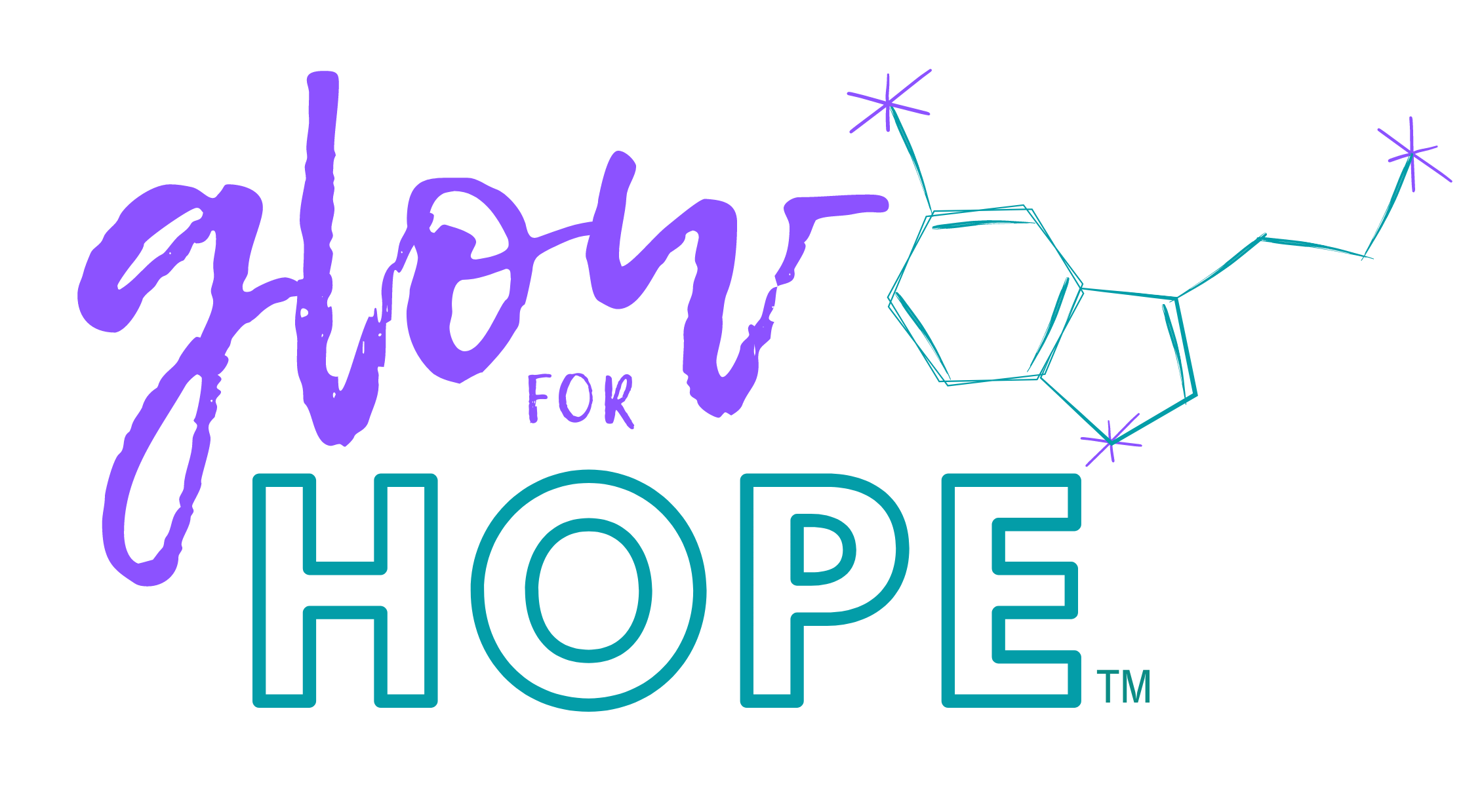Homelessness and Mental Health Access — Rachel Jackson (Project Compassion NFP)
Podcast: Play in new window | Download (Duration: 35:44 — 28.9MB) | Embed
Subscribe Apple Podcasts | Spotify | Amazon Music | Android | Pandora | iHeartRadio | Blubrry | Podchaser | Deezer | Youtube Music | RSS | More
What You’ll Learn
- Why access to ongoing care is the #1 barrier for many unhoused and low-income neighbors—and how long waitlists escalate risk.
- How to stabilize in the moment and make a warm, trusted handoff to care that sticks.
- How language, trust, and culture reduce stigma—especially in Black and brown communities.
- Why clinician “fit” matters, ways to find one (including clinicians of color), and what volunteers must know to avoid trauma bonding.
- Steps anyone can take when they notice warning signs—at home, at work, at school, or in the community.
Guest Spotlight
Rachel Jackson is the founder of Project Compassion NFP, serving thousands across the Metro East since 2005 with food, clothing, hygiene supplies, housing assistance, free therapy, a diaper/formula bank, and a welcoming community space. A certified trauma-informed clinician and Mental Health First Aid instructor, Rachel leverages deep local relationships to reduce barriers and deliver dignifying care.
Key Quotes
Resources & Next Steps
- Project Compassion NFP — services, volunteer, and donations.
- Find a Therapist (Psychology Today) — filter by specialty, insurance, identity, and more.
- Mental Health First Aid — training for communities and organizations.
- 988 Suicide & Crisis Lifeline — call/text 988 or chat for 24/7 support.
- Find A Helpline — international crisis hotlines by location.
Next Episode
Up next: building “warm handoff” networks—how volunteers, schools, and clinics can shorten the distance from ask to aid.
Support the Show
- Share this episode with someone who might benefit.
- Subscribe and leave a review to help others find the show.
- Donate to support Glow For Hope’s mission.
Crisis Resources
If you or someone you know is in crisis, call or text 988 in the U.S. to reach the Suicide & Crisis Lifeline (24/7, free, confidential). For help outside the U.S., find your country’s hotline via Find A Helpline.
Disclaimer
The conversations in this show are for education and awareness only and are not medical, counseling, or crisis services. Always seek the advice of a qualified professional for concerns about your mental health or safety.

Recent Comments